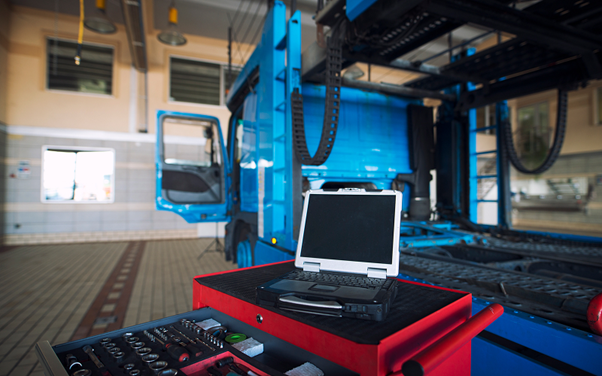6 Signs It’s Time to Upgrade Your Freight Management System

In the fast-paced world of logistics, efficiency and accuracy are non-negotiable. As supply chains become increasingly complex, businesses must ensure their freight management systems can keep up with evolving demands. An outdated system can lead to costly mistakes, delays, and dissatisfied clients, which is why regular evaluation is necessary. Whether you operate an SME or deal with a large-scale freight forwarder, recognising the symptoms of when to upgrade your system can assist you in keeping your competitive advantage.
1. Higher Errors and Delays
Perhaps one of the most obvious signs that it’s time to upgrade is an uptick in errors and delivery delays. When shipments are often misplaced, mislabeled, or delivered late, it may be indicative of inefficiencies in your system. Manual procedures or older software are more susceptible to human error and cannot always respond to sudden changes in schedules or routes. Migrating to a more sophisticated solution with automatic tracking and live updates can minimise these problems and make your clients happy.
2. Lack of Real-Time Visibility
Customers these days want immediate notifications on their shipments. If your existing system lacks real-time tracking or forces you to dig up status from multiple sources manually, then it can be bogging down your operations. An advanced freight management system connects directly to carriers and customs databases to give you the right updates at every step. This increased visibility allows you to gain client confidence and transparency, along with better internal decision-making.
3. Increasing Operating Expenses
If your operating costs are increasing without a corresponding rise in service quality, your freight management system may be the reason. Poor routing, manual documentation, and redundant administrative functions can result in wasted time and increased labour costs. A better system can optimise routes, automate paperwork, and eliminate the necessity of redundant data entry, freeing your staff to perform higher-value work and cost-saving methods. A well-designed upgrade is usually money well spent in the long run.
4. Challenge Coping with Increased Volumes
As your operation expands, so must your system’s ability to process greater shipment volumes. If you are having trouble scaling operations or your software grinds during busy times, it may be limiting your growth potential. A strong system must be able to process higher volumes of work without sacrificing speed or accuracy. This is particularly important for a logistics company, where international trade volumes may increase seasonally and having the ability to respond fast is a competitive edge.
5. Limited Integration with Other Systems
Contemporary logistics depends upon seamless integration of different platforms, right from inventory management to customs clearance. If your freight management system cannot integrate well with those tools, you risk generating information gaps and delays. Data silos make it more difficult for teams to collaborate and for decision-makers to have the big picture. By migrating to a system with robust integration features, you can ensure smoother processes, accelerated processing speeds, and correct reporting.
6. Poor Customer Feedback
Client satisfaction is an important performance measure for any shipping company. If you are getting constant complaints regarding delayed shipments, lost updates, or poor communication, your freight management system may be contributing to it. Even if your staff is performing their best, old systems can hamstring them and hinder their capacity to address customer needs. Utilising the services of a good freight forwarder in Singapore who has invested in cutting-edge technology can avoid such things and generally improve the entire customer experience.
Conclusion
An outdated system for freight management can affect efficiency, profitability, and customer satisfaction. From increased operational expenses to a lack of integration with other systems, the signs are unmistakable when you need to upgrade. By investing in a contemporary solution, not only do you simplify operations, but you also set your business up for future success. If you’re ready to boost your logistics capabilities, contact ALPS Global Logistics today to discover the appropriate system for your requirements.















